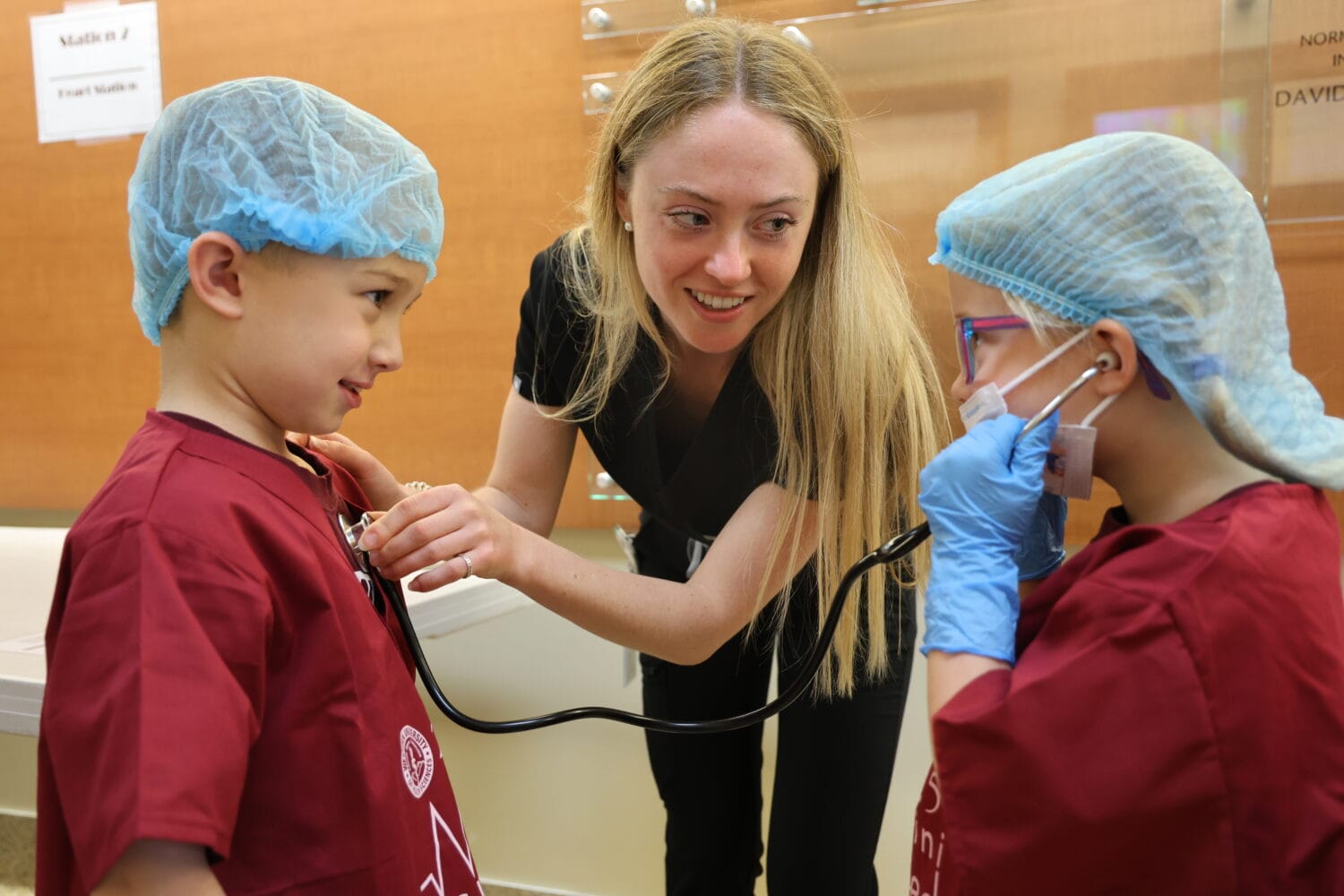Top Priorities in Medication Safety Research Identified by Pharmacy Practice Research Roundtable
A group known as the Pharmacy Practice Research Roundtable has issued a
list of 10 top-priority areas for investigation as guidance to the
government, private foundations, universities and others interested in
conducting or funding research on improving patient safety associated with
the use of medicines. The list, which was created from the perspective of
pharmacy practice, is based on consensus ideas for re-engineering the
medication-use system that emerged from a recent national
multidisciplinary conference on the subject.
The Pharmacy Practice Research Roundtable is a 15-member body of experts
convened and coordinated by the Center for Pharmacy Practice Research and
Development at Western University of Health Sciences (WesternU). It is
chaired by Max Ray, PharmD, dean of WesternU’s College of Pharmacy, and
funded by Cardinal Health, Inc. The 10 top-priority areas the group
identified at their meeting March 22-24 are as follows:
1. Initiate and support use of interdisciplinary health care teams to
manage the medication-use process for high-risk patients (those who are on
complex therapy).
2. Establish a clinical information system that allows health
professionals to exchange data (either an online system or a “”smart card””
system).
3. Support the establishment and use of a comprehensive health-related
electronic information database that includes a complete medical record,
owned by the patient; drug information (e.g., properties, dosing, adverse
effects); and treatment guidelines, practice guidelines and pertinent
literature and that is confidential.
4. Educate and empower patients to be active participants in decisions
regarding goals of treatment.
5. Develop and maintain a mechanism for “”hand-offs”” between health care
professionals and between practice settings.
6. Support the development and use of expert systems to guide medication
decision-making by health care providers.
7. Establish an epidemiologic method for detecting and reporting
medication errors and other medication-related problems.
8. Explore methods of communications in other complex systems and evaluate
their utility as models in health care.
9. Develop tools to monitor medication distribution systems for accuracy
and safety.
10. Develop educational strategies to help patients understand their
responsibilities in the medication-use process.
The 10 research priorities in medication safety were derived from the
results of the Conference on Re-engineering the Medication-Use System
conducted by the Joint Commission of Pharmacy Practitioners, October 1-3,
1999, in Baltimore, Maryland. (See the March 15, 2000, issue of American
Journal of Health-System Pharmacy for conference proceedings.) The
roundtable assessed all 42 strategies identified by the 108 pharmacists,
physicians, nurses and others at the conference and rated those that are
most amenable to scientific assessment. The roundtable believes that its
list will be especially helpful to research funding agencies that are
responding to the current national imperative to reduce the incidence of
medical error.
The Pharmacy Practice Research Roundtable was established at WesternU in
1998 to propose a specific research agenda related to pharmacy practice
based on an analysis of the key issues that affect the pharmacist’s
ability to help people make responsible use of medicines. For more
information about the list of research priorities or the Pharmacy Practice
Research Roundtable, contact Dr. Ray at WesternU’s College of Pharmacy,
309 E. Second Street, Pomona, CA 91766, or via e-mail to
mdray@westernu.edu).



